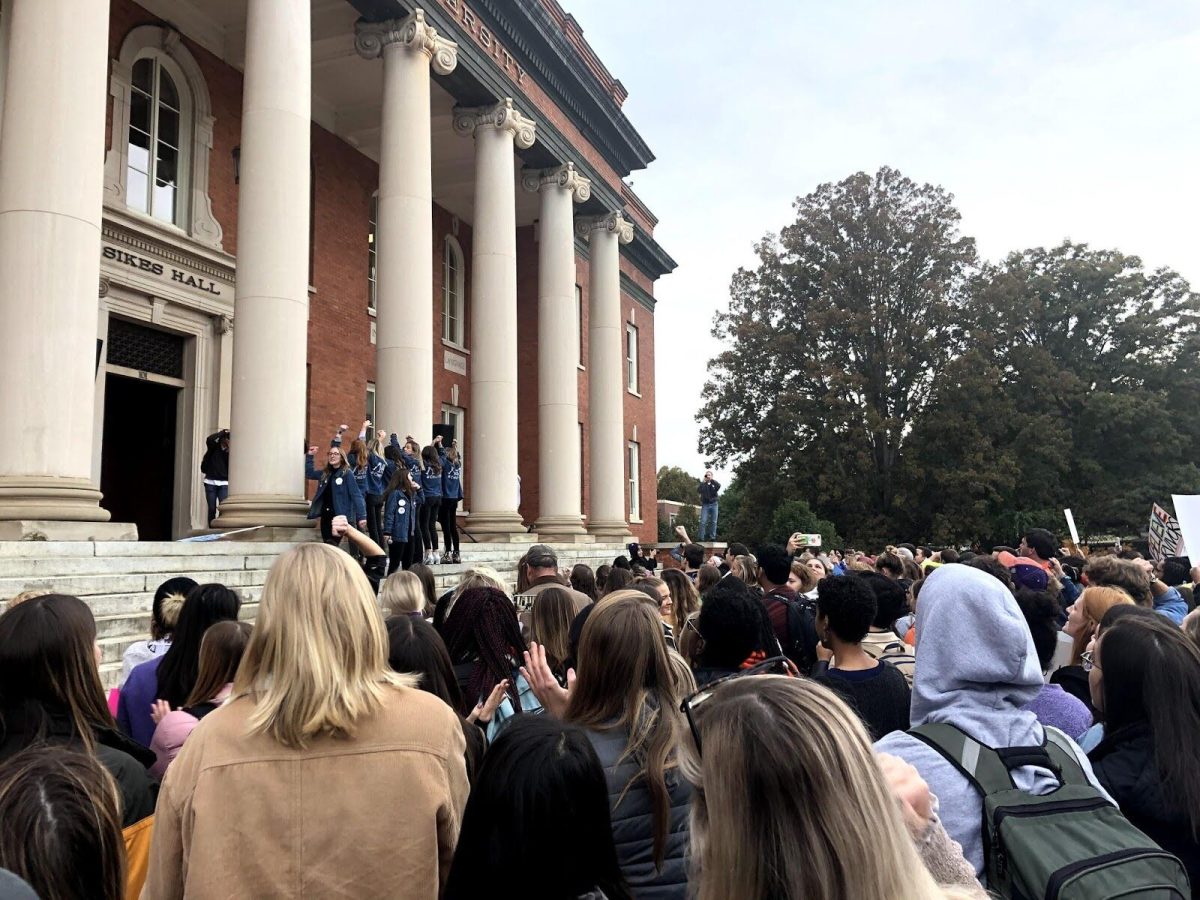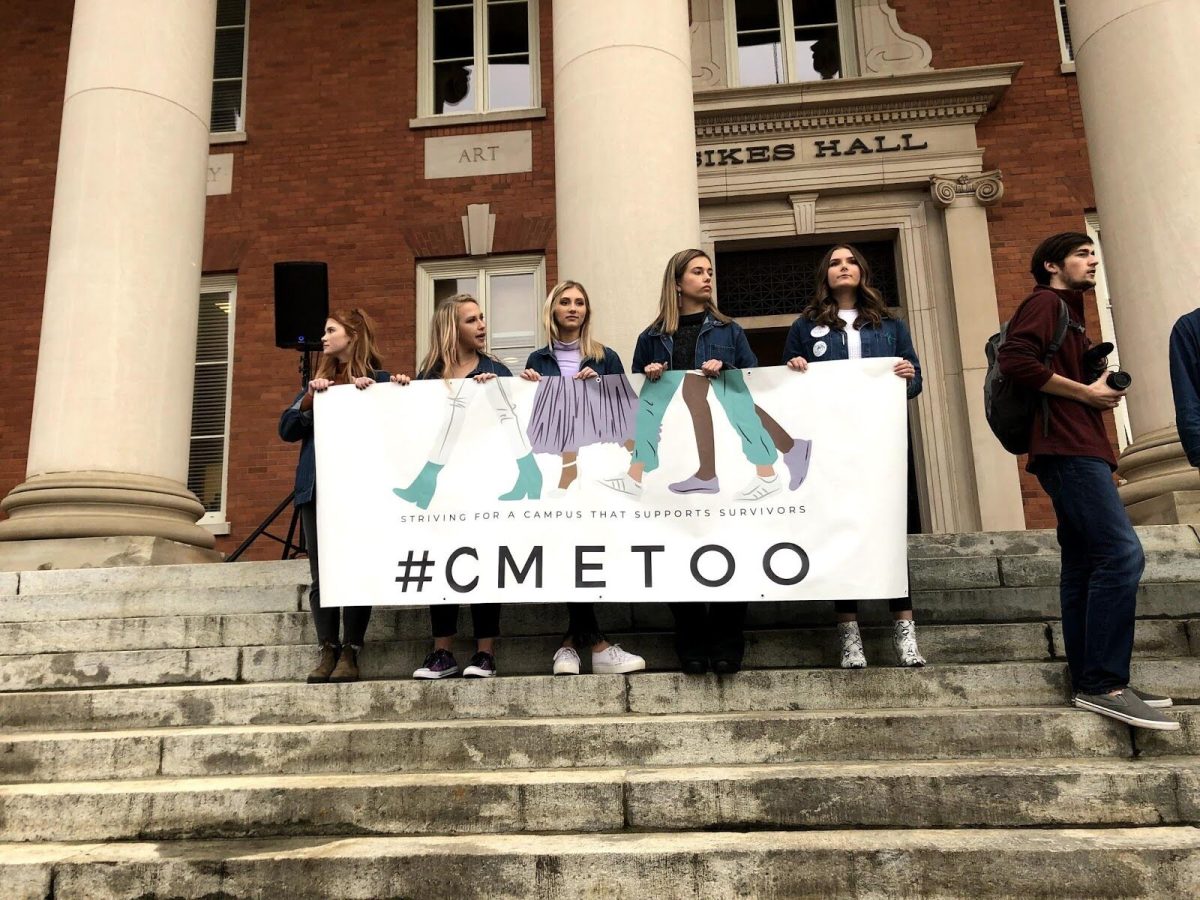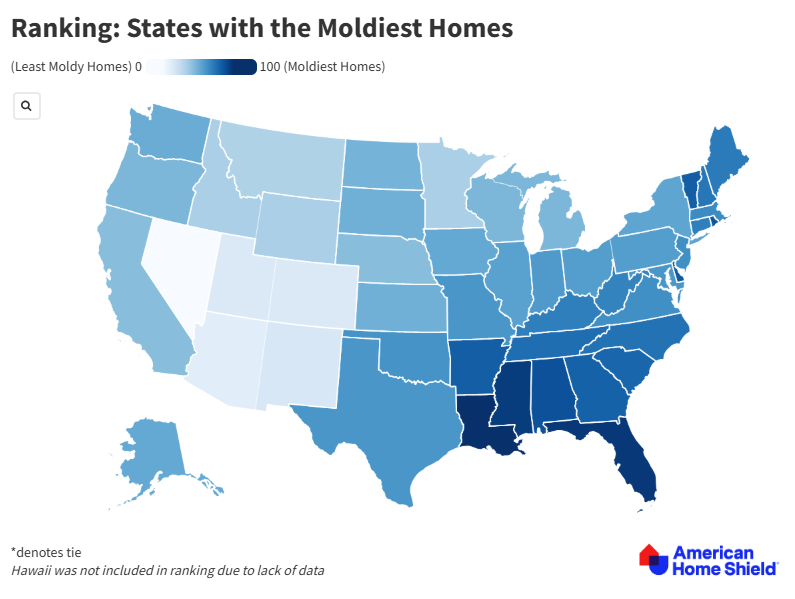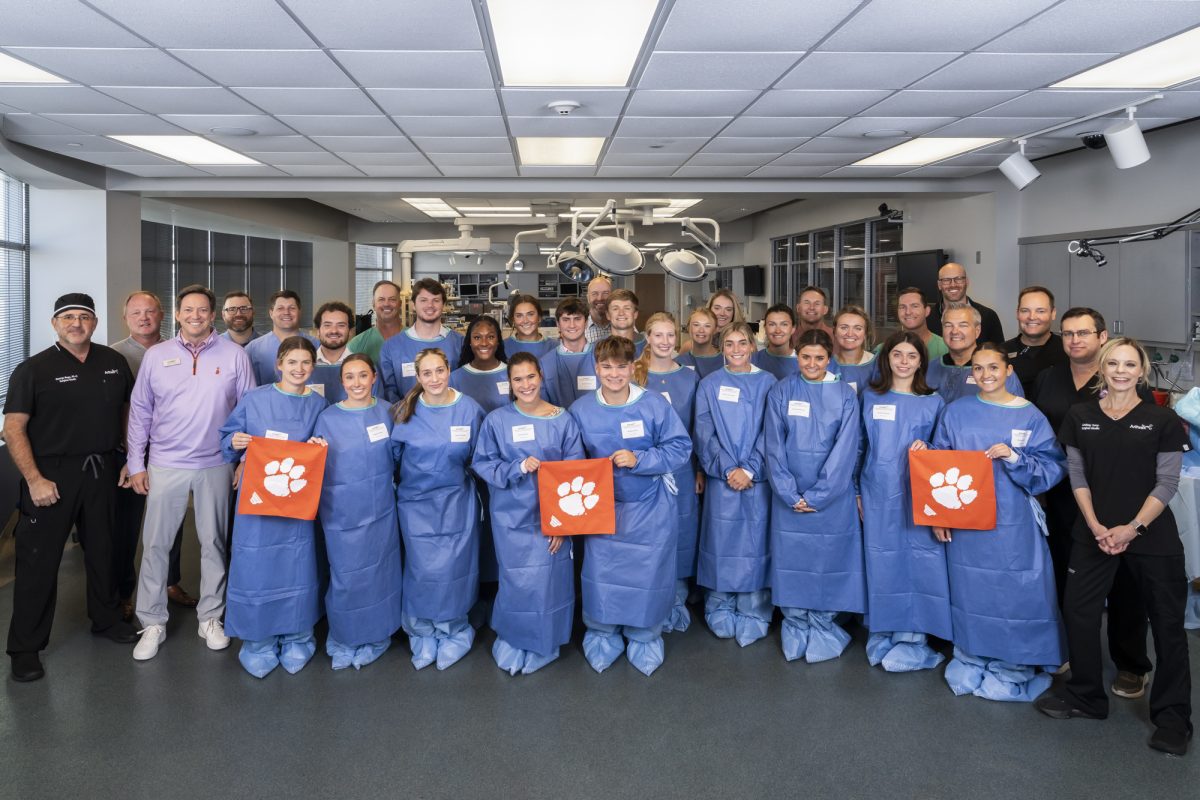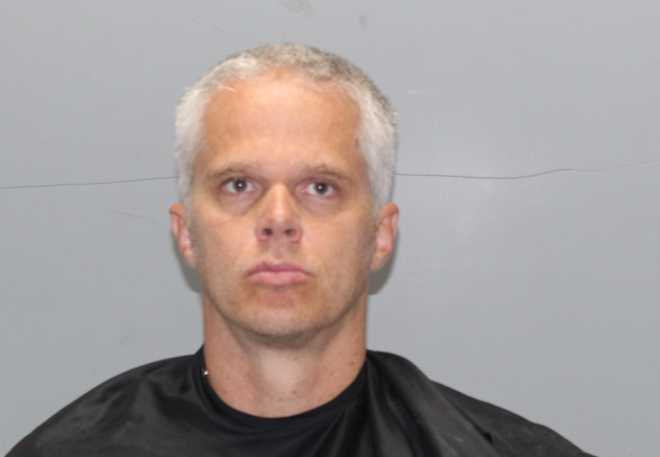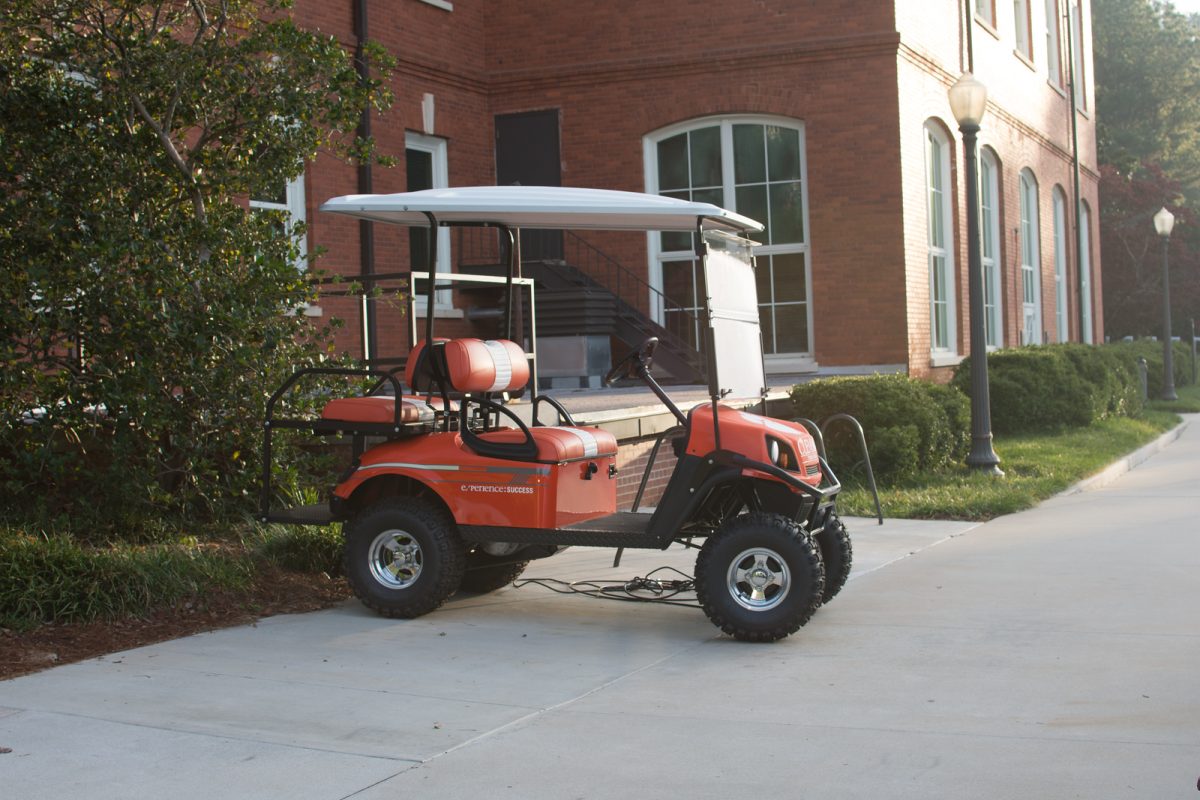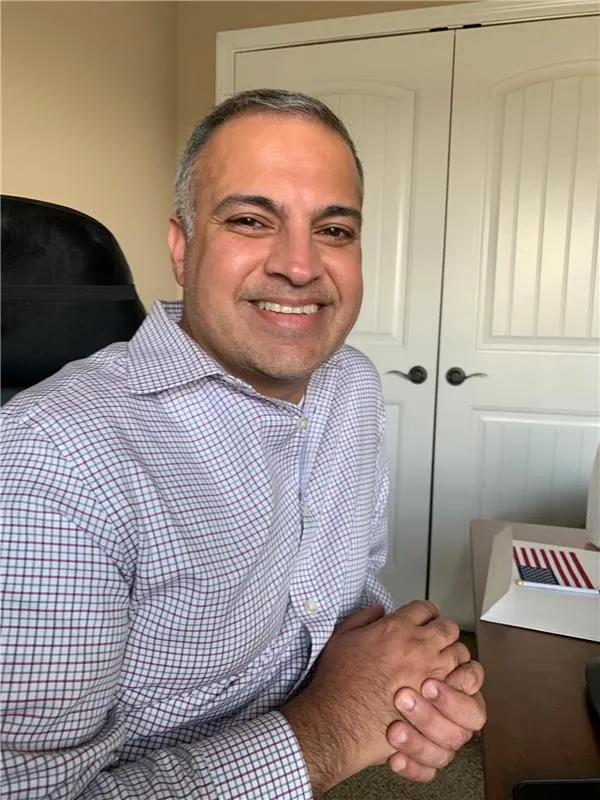This is a developing story. The Tiger will update the article as we receive information and quotes, and as events happen.
Green and black lawn chairs, spaced six feet apart to meet COVID-19 guidelines. Handwritten signs taped to tables or stuck in the grass. Dozens of people rotating in and out to fill the 40 available seats. This is the scene at a survivor sit-in at Clemson University’s Sikes Hall.
Clemson Students for Survivors, a coalition of more than 30 student organizations at Clemson University, organized the sit-in to advocate for more resources for survivors of interpersonal violence. The sit-in began Wednesday, Oct. 21 with 108 participants. Organizers said COVID-19 safety guidelines limited the number of people who could physically join the protest.
The sit-in is the culmination of 11 months of advocacy since the March Against Violence organized by student leaders of the #CMeToo movement last year. Hundreds of people marched on campus on Nov. 15, 2019 to protest what they called a lack of resources for survivors of interpersonal violence at Clemson.
Interpersonal violence is an umbrella term that encompasses sexual assault, sexual harrassment, rape, stalking and relationship abuse. Members of the Students for Survivors Coalition hope to highlight how widespread the issue is.
“All members of society are vulnerable to sexual violence, regardless of gender, race, ethnicity, age, ability, religion or social standing,” said Alexandra Schell and Madalyn Levitte in an email to The Tiger. Schell is a junior chemical engineering major and Levitte is a sophomore nursing major, and both are organizers of Clemson Students for Survivors.
The organizers of the sit-in say that in the last 11 months, the university has failed to take action on the demands laid out at the march. According to Levitte, since the sit-in began the organizers have primarily been communicating with Dean of Students and Interim Vice President of Student Affairs Chris Miller, Vice President for Access and Equity and Executive Director for Supplier Diversity Jerry Knighton, and Associate Dean of Students in the Office of Advocacy and Success Kimberly Poole.
“There are a lot of promises that have been made by the university that they have yet to fulfill, and that’s the reason we’re sitting out here today,” said Anna Wallace Clark, a junior political science major and coalition organizer.
Clemson Students for Survivors is pushing five primary demands:
-
Hire two certified advocates,
-
Create a Women’s and Gender Center,
-
Institute trauma-informed training for top university administrators,
-
Execute a campus climate survey to more accurately assess the frequency of interpersonal violence on campus and
-
Physically separate the Title IX Office and the Interpersonal Violence Prevention Office to prevent survivors from running into their perpetrators.
“Our top priority…is that we have advocates that are hired, and that the hiring of these advocates will be exempt from the university-wide COVID-19 hiring freeze,” said Schell and Levitte. “We expect this change to happen in the weeks to come as funding was allocated prior to the onset of COVID-19.”
Dean of Students and Interim Vice President of Student Affairs Chris Miller spoke to The Tiger at the sit-in on Oct. 21 about the issues raised by protestors.
“We’ve had some challenges with COVID and those challenges have in fact delayed some of things we had slated for the beginning of the term,” Miller said. “But that does not lessen our commitment to those things, and we will see those things to fruition.”
However, members of the coalition are not willing to give the university a pass due to the pandemic. Levitte believes the university is using the COVID-19 pandemic “as a scapegoat.” She pointed out that administrators initially claimed they would separate the Title IX office and the Interpersonal Violence Prevention Office in a matter of weeks, not months.
The Tiger is connecting with Vice President of Strategic Communication Joe Galbraith and will update the article with further information from university officials. The Tiger is also connecting with Asst. Vice President for Access and Equity and Executive Director for Supplier Diversity Jerry Knighton.
Coalition members say the protest will not end until they see real, tangible action. “We are going to sit-in until administration — specifically President Clements, [Chief of Staff Max] Allen and Dr. Miller — come out with a statement denouncing sexual assault on campus and committing this institution to working with us to accomplish [these] demands,” said Allana O’Shields, a junior women’s studies major and one of the organizers of Clemson Students for Survivors.
Organizers said that Clemson University falls far behind peer institutions when it comes to resources for survivors of interpersonal violence.
“Other ACC schools, as well as the top 25 public institutions and the top 20 R1 research institutions in the United States, almost all of them have a women’s and gender center and a fully staffed Title IX [office],” Levitte said. “Right now we are just meeting the bare minimum.”
Many of the organizers and attendees of the sit-in are survivors themselves and believe these changes are vital. “I personally never reported my assaults because the process can be horrific on its way to being healing,” Levitte said.
“It can be really disappointing when something that has affected you so much and means so much to you isn’t really regarded as that important by your school and its administrators,” Clark said.
Maya Brown, a freshman animal and veterinary sciences major, also participated in the protest.
“I have personal experience with being forced into situations you shouldn’t have to be in…and not having that support system,” she said.
Brown believes that the coalition’s demands should already be implemented at the university.
“It has taken so long for Clemson University to accept this and be productive about it,” Brown said. “It has been over two years [since conversations with administration began] and there still has barely been any movement.”
Other attendees came to the sit-in to express solidarity with survivors. “I’m here to support survivors and to stand in solidarity with the demands of this group,” said Nicholas Hyder, a senior economics major. “There are a group of students who don’t feel safe on campus and I believe that everyone is entitled to that.
According to the Rape, Abuse, and Incest National Network (RAINN), college-age women are at a particularly elevated risk of experiencing some form of interpersonal violence. Women between the ages of 18 and 24 who are college students are three times more likely than the average of all women to experience sexual violence.
To demonstrate this, Clemson Students for Survivors printed a 48 by 60 inch map of Clemson’s campus with additional space marked for off-campus areas. Survivors hammered nails into locations where they had experienced interpersonal violence, and organizers noted that certain patterns and clusters began to emerge.
“We have heard the stories, our organizers and many protesters have held the hands of interpersonal violence survivors during the healing process, but the frequency of interpersonal violence seems to be invisible,” said Schell and Levitte. “This campus map was a way to visualize the volume of instances that really occur — not just what is reported or talked about.”
A survey conducted by the Association of American Universities in 2015 revealed that more than a quarter of undergraduate women at a group of leading universities reported being sexually assaulted. However, this statistic is not reflected in the Annual Security and Fire Safety Report published by the Clemson University Police Department in 2019. The report listed the number of sexual assaults that year at eight, a number coalition organizers believe is statistically impossible given the size of the student population.
Organizers want the university to conduct a campus climate survey on interpersonal violence and publish the results to provide a “more accurate representation” of such incidents.
The university formed a committee to plan and publish the survey, and in July 2020, the committee submitted a proposal for the survey to be administered in April 2021. However, due to COVID-19, the university has implemented a “holding pattern of financing new initiatives,” and the completion of the survey was postponed.
Coalition organizers adamantly stated that despite the hurdles presented by the pandemic, the university has a responsibility to provide sufficient resources to survivors of interpersonal violence, no matter the circumstances.
“Sexual assault is still occuring every single day on our campus and by bringing students back during COVID times, we’re allowing that to happen,” O’Shields said. “They said that they’re bringing us back to a campus that will be safe. In order to make our campus safe, we believe that survivors should be heard and that resources should be available to them.”
The sit-in concluded on Friday, Oct. 30 following an email sent by Clements, and conversations between the organizers and Clemson administration are ongoing. An update on the Clemson Students for Survivors coalition and resources for survivors can be found here.
Members of the Clemson Students for Survivors Coalition say they are not affiliated with the organizers of the march, but that it was the start of a meaningful conversation about interpersonal violence on campus.


